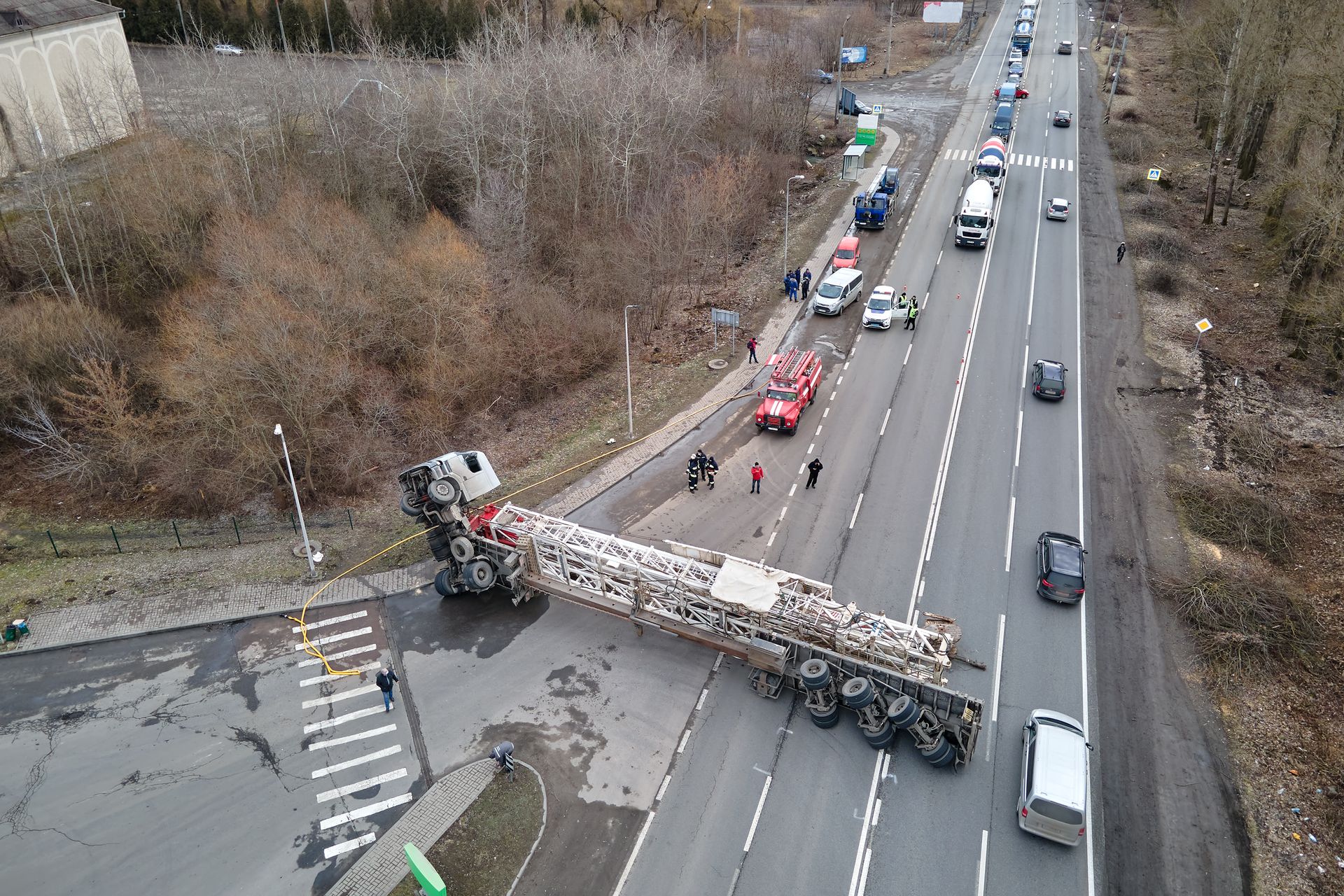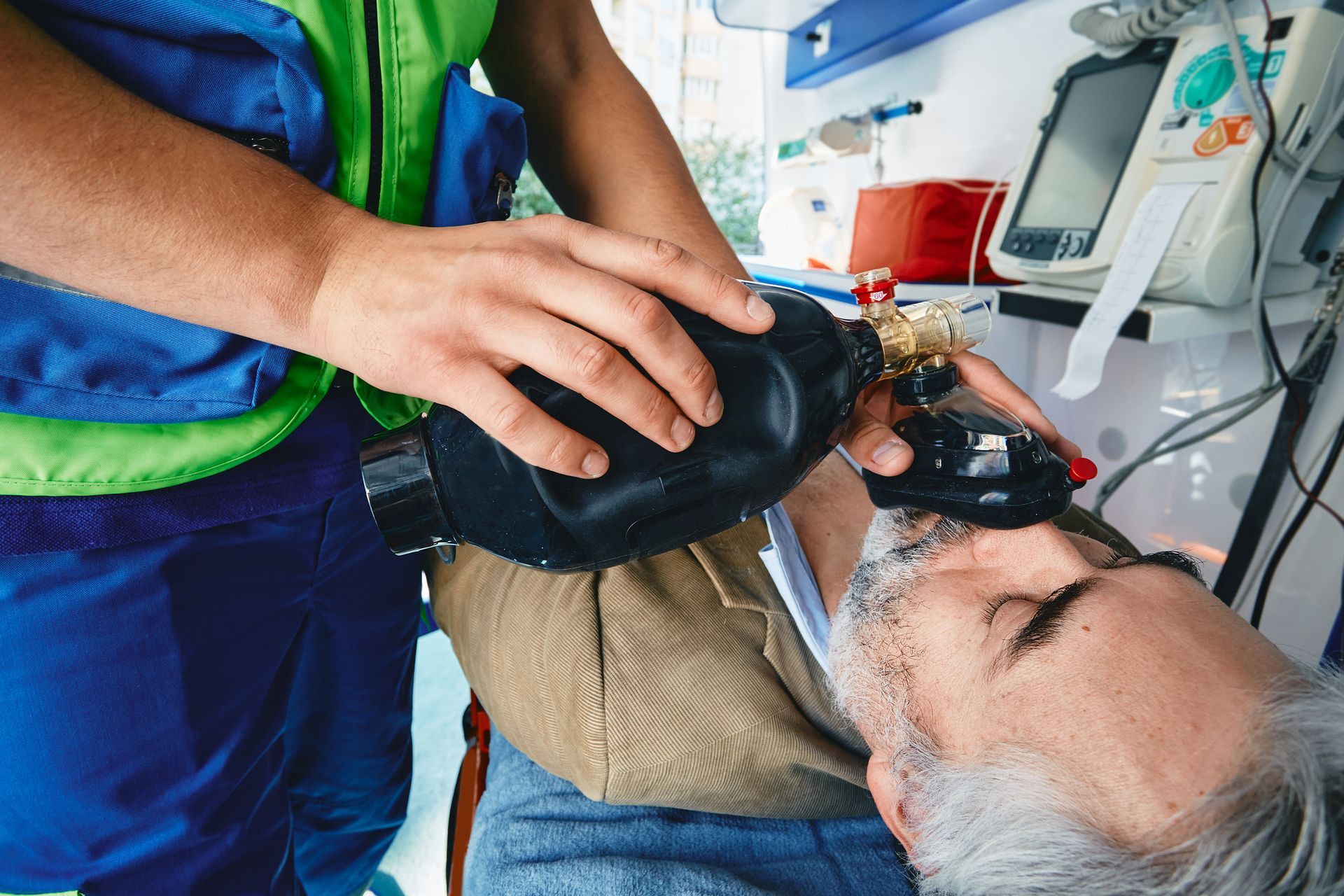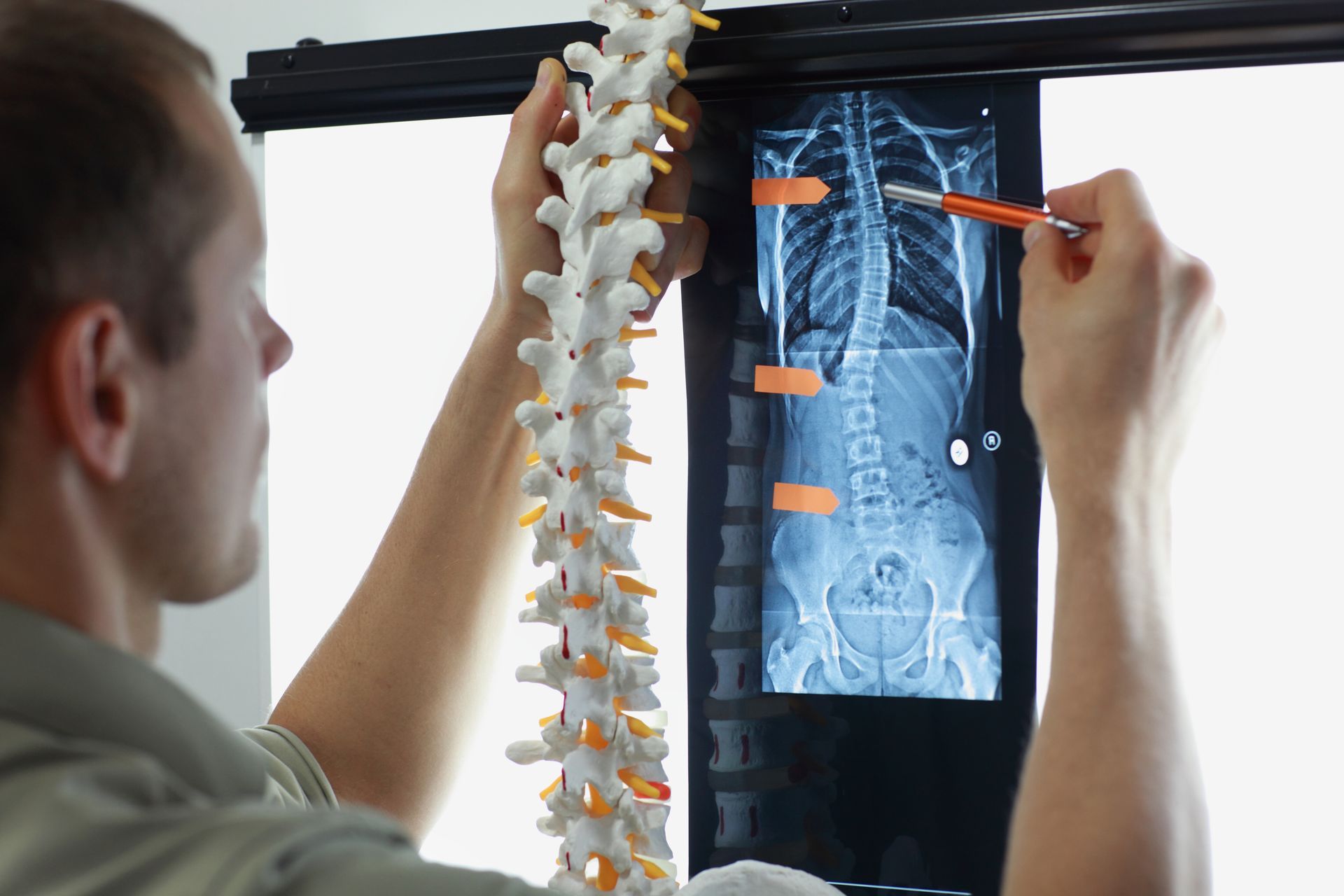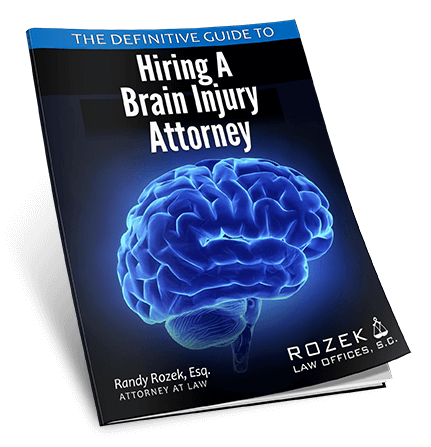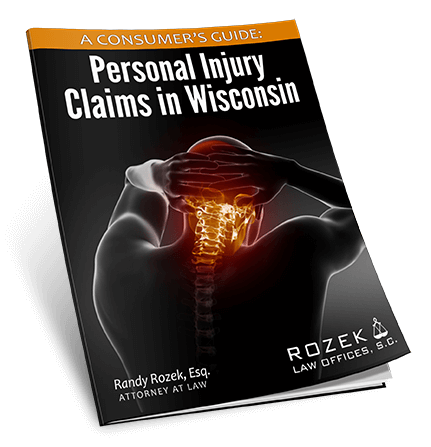By Randy Rozek
•
December 26, 2025
Carbon monoxide poisoning is a serious and often life-threatening injury that can leave victims facing long-term health complications, emotional trauma, and unexpected financial burdens. Because carbon monoxide is colorless and odorless, exposure often occurs without warning, whether from faulty appliances, blocked vents, defective heating systems, or unsafe living conditions. After surviving a carbon monoxide poisoning incident, understanding your legal options is just as important as focusing on your physical recovery. A carbon monoxide poisoning lawyer in Wisconsin can play a critical role in helping you protect your rights and pursue the compensation you deserve. One of the first ways a personal injury lawyer helps is by investigating the cause of the carbon monoxide exposure. Determining how and why the poisoning occurred is essential to establishing liability. An attorney will review inspection reports, maintenance records, building codes, and safety standards to identify responsible parties. This may include landlords, property managers, homeowners, appliance manufacturers, maintenance companies, or utility providers. By building a clear picture of negligence or failure to meet safety obligations, your lawyer lays the groundwork for a strong claim. A personal injury lawyer also helps gather and preserve critical evidence. Carbon monoxide cases often involve technical details, such as malfunctioning furnaces, defective water heaters, or improper ventilation. An experienced attorney works with qualified experts, including engineers, medical professionals, and safety inspectors, to document the source of the exposure and connect it directly to your injuries. This evidence is crucial when dealing with insurance companies or presenting your case in court. Another key role of a personal injury lawyer is handling communication with insurance companies. Insurers may attempt to downplay the severity of your injuries or argue that the exposure was unavoidable. A lawyer acts as your advocate, ensuring that statements, records, and settlement discussions are handled carefully and strategically. This protects you from being pressured into accepting a settlement that does not fully cover your losses. Carbon monoxide poisoning can result in significant medical expenses, both immediate and long-term. Victims may require emergency treatment, hospitalization, oxygen therapy, neurological care, and ongoing rehabilitation. A personal injury lawyer helps calculate the full extent of your damages, including current medical bills, future treatment costs, lost wages, reduced earning capacity, and pain and suffering. In cases involving severe or permanent injuries, these damages can be substantial, and having a lawyer ensures nothing is overlooked. In addition to financial compensation, a lawyer can help hold negligent parties accountable. When landlords fail to install carbon monoxide detectors, property owners ignore maintenance issues, or manufacturers release defective products, legal action can prompt safer practices and prevent future injuries. Your case may not only provide compensation for your losses but also contribute to improved safety standards for others. If a carbon monoxide poisoning incident results in wrongful death, a personal injury lawyer can also guide surviving family members through the legal process. Wrongful death claims seek compensation for funeral expenses, loss of financial support, and the emotional impact of losing a loved one. An attorney provides compassionate guidance during this difficult time while ensuring your family’s rights are protected. Finally, a personal injury lawyer offers peace of mind during a challenging recovery. Legal deadlines, known as statutes of limitations, apply to carbon monoxide injury claims, and missing them can jeopardize your case. A lawyer ensures all paperwork is filed correctly and on time, allowing you to focus on healing. After a carbon monoxide poisoning injury, the path forward can feel overwhelming. A personal injury lawyer provides the experience, resources, and advocacy needed to navigate the legal process and pursue justice. With professional legal support, you can take meaningful steps toward recovery, accountability, and financial stability. Call Rozek Law about Your Carbon Monoxide Case Since 1996, Randy Rozek has focused his practice on the representation of victims of serious, life-changing injuries including those caused by carbon monoxide poisoning. Routinely asked to speak to lawyers around the country in his primary areas of practice, which include representing victims of traumatic brain injuries and brain damage due to carbon monoxide poisoning, Randy has extensive experience representing victims throughout the United States. It is because of this vast experience; Randy routinely gets called in to co-counsel cases from around the country by attorneys with less experience handling these types of cases. If you need a knowledgeable lawyer to represent you in your case, contact Rozek Law by calling 414-374-4444. Rozek Law Offices, S.C. 3970 N Oakland Ave Ste 604 Milwaukee, Wisconsin 53211 (414) 374-4444 https://www.rozeklaw.com/

